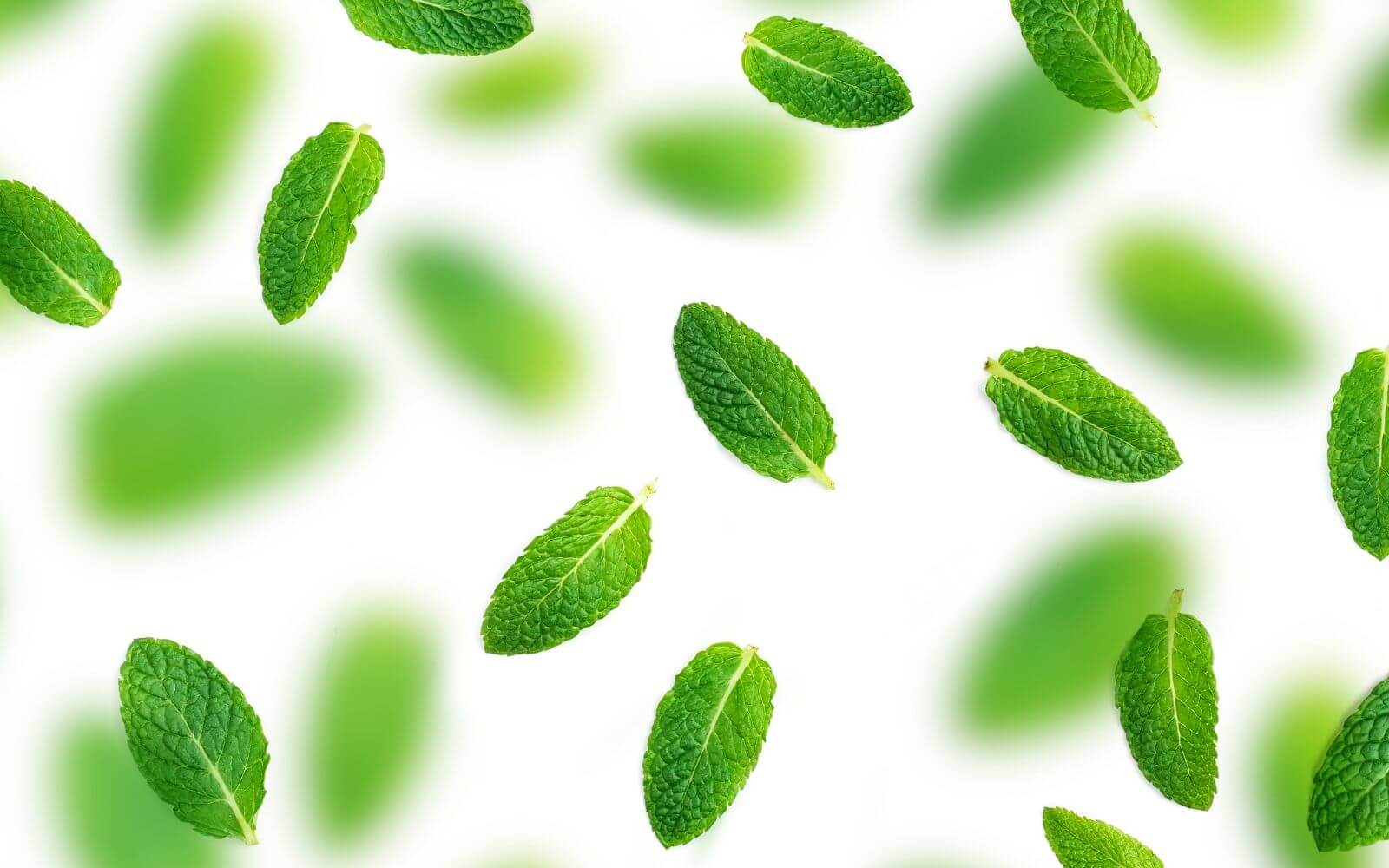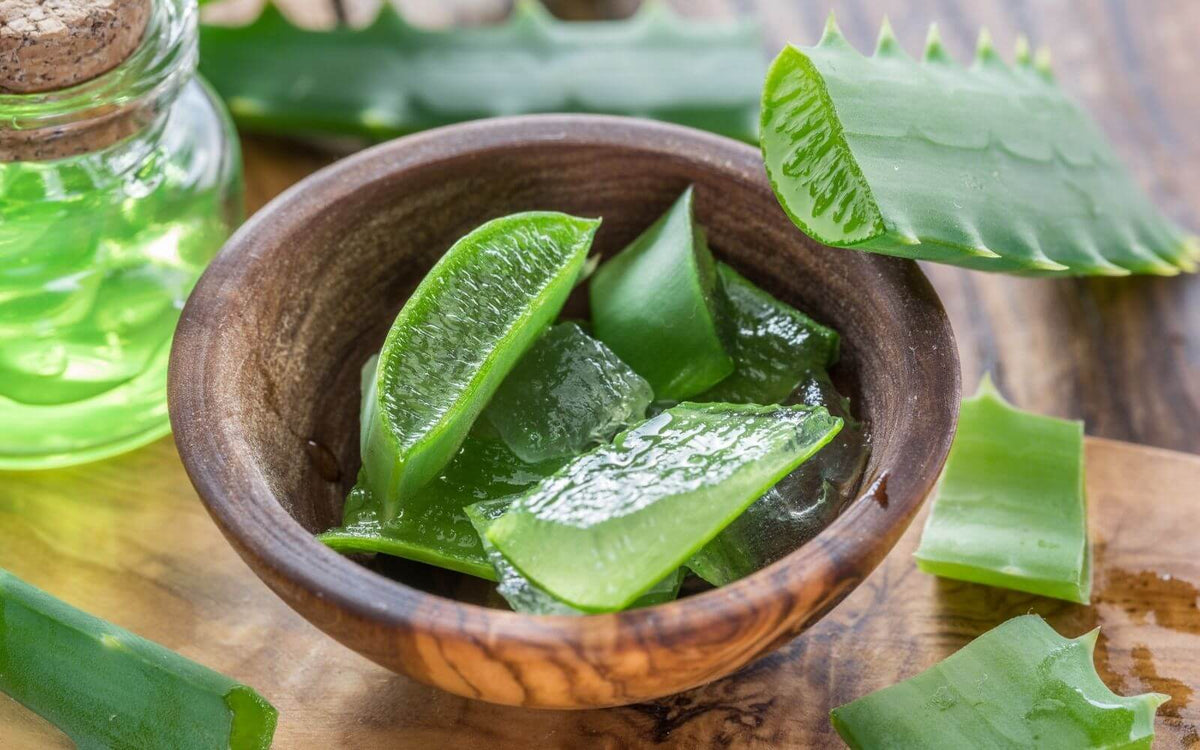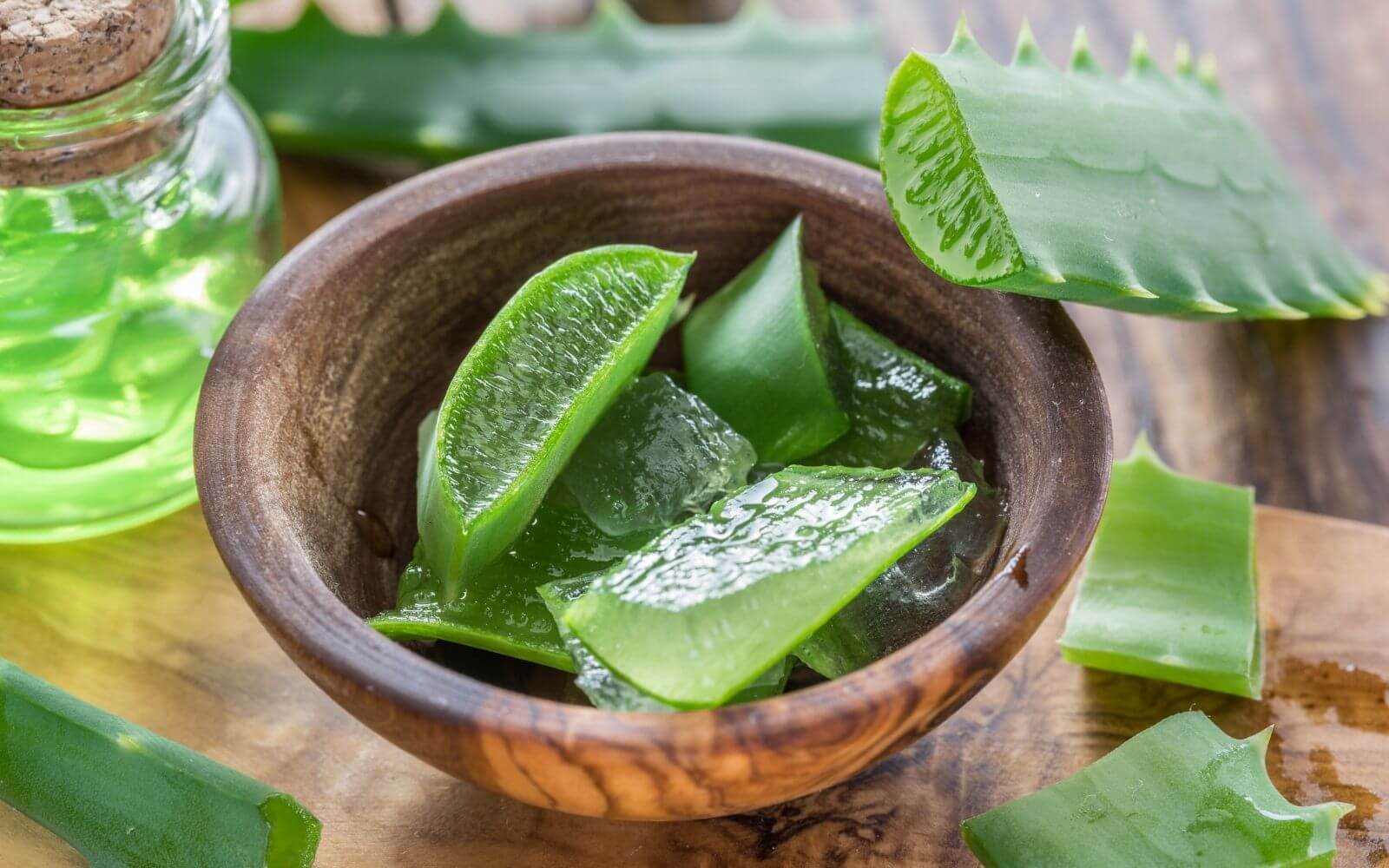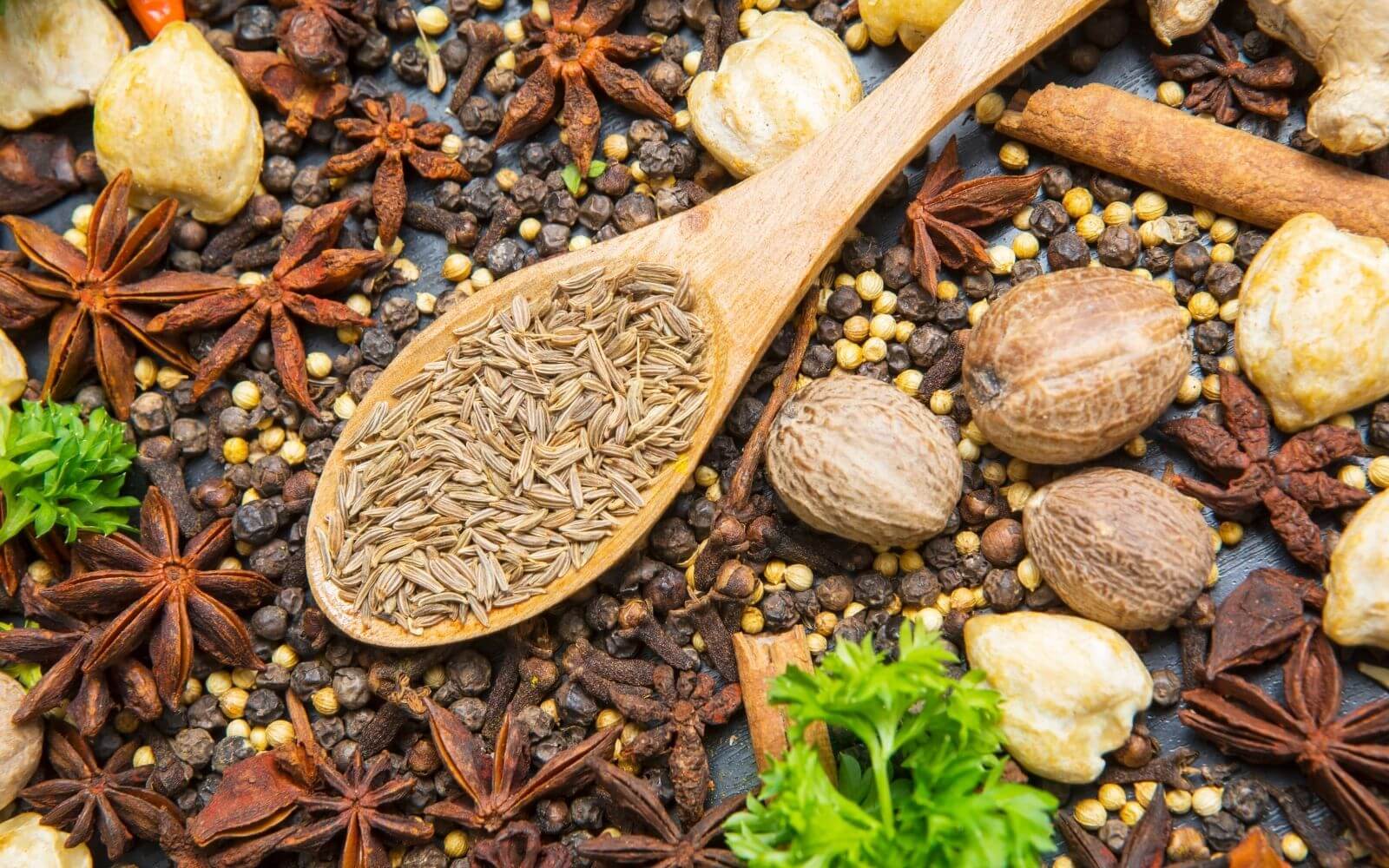What Is Peppermint Tea Good For?

What Is Peppermint Tea Good For?
Peppermint is an aromatic (scented) herb in the mint family and has been used for thousands of years for its pleasant taste and health benefits. It is native to Europe and Asia and is a mix between spearmint and watermint. Peppermint leaves contain several essential oils such as menthone, limonene, and menthol. Menthol is what gives peppermint its mint scent and cooling properties. In this article we discuss the uses and benefits of peppermint tea.
Peppermint Benefits
Besides being a breathe freshener and pleasant scent, there are quite a few powerful benefits of peppermint.
1. May Ease Digestive Discomfort
Peppermint has been shown to relieve digestive symptoms like bloating, gas, and upset stomach. A review of nine studies that included 926 people with irritable bowel syndrome (IBS) found that peppermint provided significantly better relief than a placebo. Furthermore, one study of 72 people with IBS concluded that peppermint oil capsules reduced IBS symptoms over 40% after just four weeks.
In clinical trials with nearly 2,000 children peppermint reduced the length, severity, and frequency of abdominal pain.
2. May Relieve Migraine Headaches
Since peppermint acts as a natural muscle relaxant and pain reliever, research suggests that it may diminish headache frequency and duration. The reason is in part, because the menthol in peppermint oil improves blood flow thereby providing a "cooling sensation."
For example, one randomized, placebo-controlled study with 35 participants found that peppermint oil applied to the forehead and temples significantly reduced pain after two hours. An additional subsequent study with 41 people found that peppermint was as effective as 1,000 mg of acetaminophen.
3. Can Freshen Your Breathe
This one really goes without saying. There's a reason why peppermint is common flavoring in mouthwashes, chewing gums, and toothpastes. Interestingly enough, in addition to its soothing taste and smell, it also has antibacterial properties that help kill germs that can cause dental plaque.
One study found that schoolgirls given a peppermint mouth rinse twice daily for one week experienced both better breathe and less bacteria compared to the control group.
4. Can Boost Energy Levels
Peppermint tea may boost energy levels and reduce fatigue. For example, one placebo-controlled study with 24 healthy young adults found that those who consumed peppermint tea experienced less fatigue during a cognitive test.
Another study found that peppermint oil can reduce the incidence of daytime sleepiness.
5. May Relieve Clogged Sinuses
Peppermint has antiviral, antibacterial, and powerful anti-inflammatory properties. Furthermore, menthol—one of the active compounds in peppermint improves the airflow of your naval cavity.
Bottom line, peppermint tea has been shown to help fight clogged sinuses due to infections, the common cold, and allergies.
6. Can Relieve Menstrual Cramps
Peppermint acts as a muscle relaxant and because of this it may be able to relieve menstrual cramps. For example, one study with 127 women experiencing painful periods found that peppermint extract capsules were found to be as effective as a non-steroidal anti-inflammatory drug in reducing pain—both in duration and intensity.
7. May Improve Sleep Quality
Research suggests that peppermint tea is an excellent choice of tea to drink before bed. It's naturally caffeine-free and has calming properties. In one study, peppermint oil improved sleep quality and duration in children experiencing insomnia-like symptoms.
8. Can Fight Bacterial Infections
Studies show that peppermint oil can to kill harmful bacteria. It can also kill several types of uncommon bacteria that can lead to illnesses in humans. For example, in one 2017 study, peppermint was shown to reduce and kill several types of "bad" bacteria commonly found in your mouth.
9. Can Improve Seasonal Allergies
Rosmarinic acid is associated with reduced symptoms of allergic reactions like itchy eyes, runny nose, and asthma. This plant compound can be found in peppermint as well as other plants in the mint family.
In one randomized, double-blind, placebo-controlled 21-day study with 29 people who had seasonal allergies, those who took an oral rosmarinic acid supplement had fewer allergy-like symptoms compared to those given a placebo.
10. Can Aid In Weight Loss
Peppermint tea is both calorie and caffeine-free and has a strong aroma and flavor. It may be a good option if you are trying to lose weight. A small study with 13 healthy individuals, found that taking a peppermint oil capsule resulted in a reduced appetite compared to the placebo group.
11. May Improve Concentration
Consuming peppermint tea can boost concentration levels and your ability to focus. There have been a number of clinical trials to validated this claim. In one study with 24 young, healthy adults, those who consumed peppermint oil capsules performed significantly better on cognitive tests compared to their peers.
Another subsequent study found that smelling peppermint oil improved memory and alertness compared to a placebo.
Peppermint Leaf Supplement
Clean Gut™ is the all-in-one gut health supplement that soothes, strengthens, and protects your intestinal tract and gut. It’s formulated with 180 mg of peppermint leaf extract and 5 all-natural superfoods that work together to fortify your gut lining.

You can shop Clean™ Gut here.
Peppermint Health Benefits Summary

Peppermint is an aromatic (scented) herb in the mint family and has been used for thousands of years. It is native to Europe and Asia and is a mix between spearmint and watermint. The natural compounds found in peppermint leaves can benefit your health in multiple ways.
This includes but is not limited to:
- Ease digestive discomfort
- May relieve migraine headaches
- Can freshen your breathe
- Boost energy levels
- Relieve clogged sinuses
This aromatic herb is naturally calorie and caffeine-free, is safe for people of all ages, and is easy to incorporate into any diet.
Leave a comment
Comments will be approved before showing up.
Also in Ingredients

Licorice Root: Benefits, Side Effects & Dosage

Slippery Elm Bark Benefits, Side Effects & Dosage










